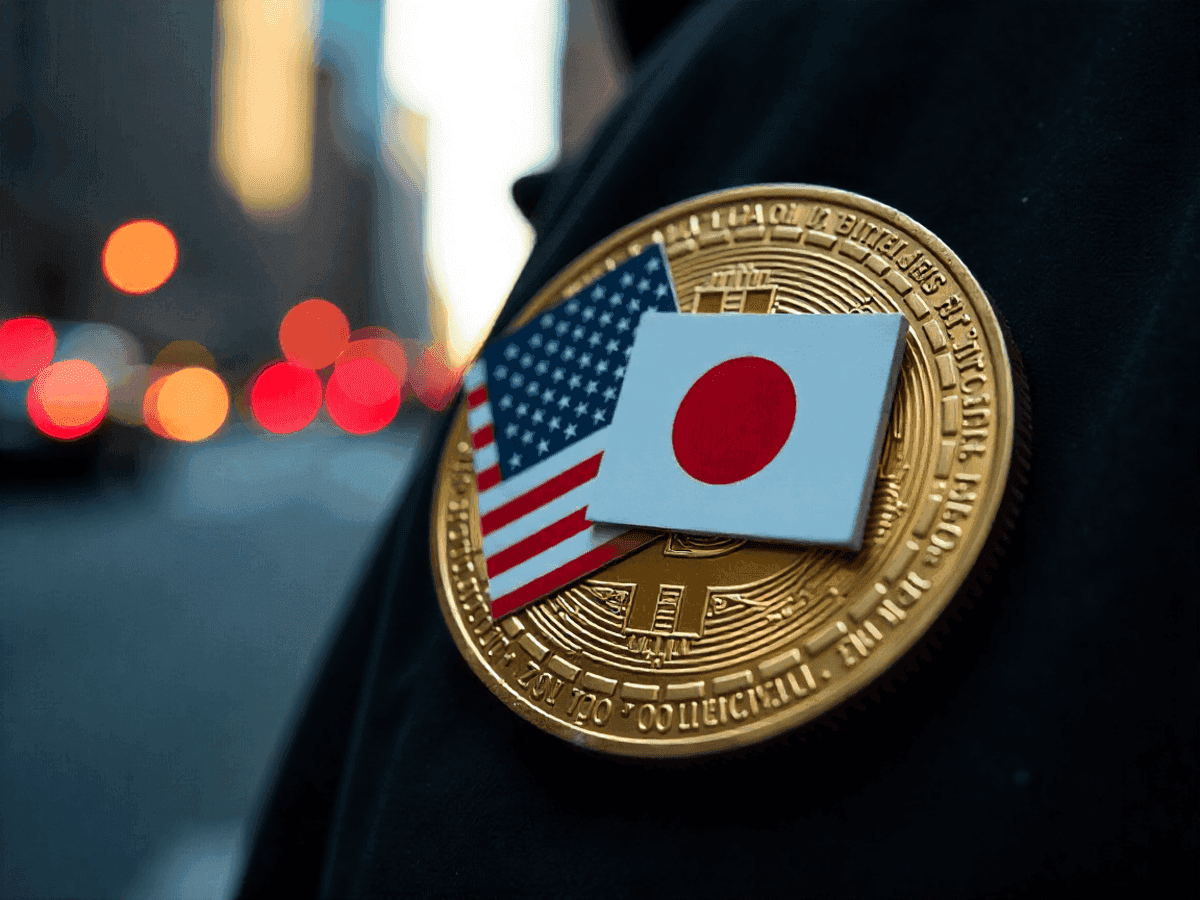Samourai Wallet Founders Face Potential Five-Year Prison Sentences
The founders of Samourai Wallet now face up to five years behind bars for allegedly laundering $237 million.
U.S. prosecutors are pushing for five-year prison terms for Samourai Wallet founders Keonne Rodriguez and William Lonergan Hill, accusing them of running one of the longest-operating crypto mixing services tied to criminal activity. The Department of Justice (DOJ) claims the service helped launder more than $237 million in illicit funds over nearly a decade — a case that highlights the U.S. government’s intensifying crackdown on cryptocurrency privacy tools.
Allegations of Long-Term Money Laundering
According to the prosecution’s filing, Rodriguez and Hill operated Samourai Wallet from 2015 until April 2024, offering mixing services that concealed the origins of crypto transactions. Prosecutors allege that their platform became a haven for drug traffickers, darknet market operators, and even those involved in cybercrime and illicit material distribution.
The memorandum detailed that the Samourai founders “owned and operated a massive money laundering service,” and that Hill, in a sentencing letter, openly acknowledged inviting “computer hackers and other criminals” to use Samourai to launder proceeds from illegal activities.
Charges, Guilty Pleas, and Sentencing Recommendations
In June 2025, a federal grand jury indicted both founders on charges of conspiracy to commit money laundering and operating an unlicensed money transmitting business. By late July, they pleaded guilty to the latter charge under separate plea deals.
Despite federal guidelines suggesting 168 to 210 months of imprisonment for their offense level, prosecutors requested 60 months — the statutory maximum under Section 371. The Probation Office, however, recommended a lighter sentence of 42 months each. Rodriguez sought just over a year, while Hill asked for time served. Both men were arrested on April 24, 2024, and are awaiting sentencing this week — Rodriguez on November 6 and Hill on November 7.
The Broader War on Crypto Mixers
This case doesn’t exist in isolation. U.S. authorities have increased scrutiny on crypto privacy and mixing tools, which they claim facilitate money laundering and sanctions evasion. The sentencing request for Samourai founders come shortly after a similar case against Tornado Cash co-founder Roman Storm, who was found guilty in August 2025 of operating an unlicensed money transmitter.
Storm’s case ignited outrage within the crypto community, with groups like the Ethereum Foundation and Solana Policy Institute contributing to his legal defense fund. Despite partial acquittal, Storm still faces up to five years in prison if post-trial motions fail.
A Defining Moment for Crypto Privacy
The Samourai founders case represents a critical inflection point in the debate between financial privacy and regulation. While privacy advocates argue that tools like Samourai and Tornado Cash protect user anonymity and digital freedom, regulators view them as unregistered financial intermediaries enabling large-scale crime.
The outcome of these cases could define how governments treat privacy-focused crypto technologies moving forward — potentially reshaping the boundaries of innovation and legality in decentralized finance.

Prasanna Peshkar
Prasanna Peshkar is a seasoned writer and analyst specializing in cryptocurrency and blockchain technology. With a focus on delivering insightful commentary and analysis, Prasanna serves as a writer and analyst at CryptoTicker, assisting readers in navigating the complexities of the cryptocurrency market.
























































